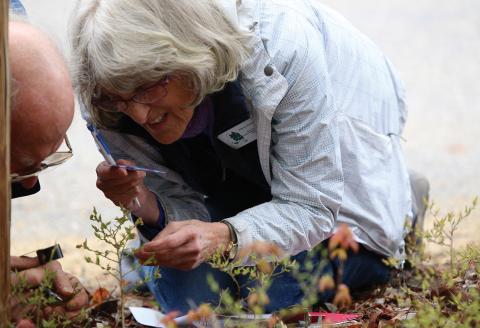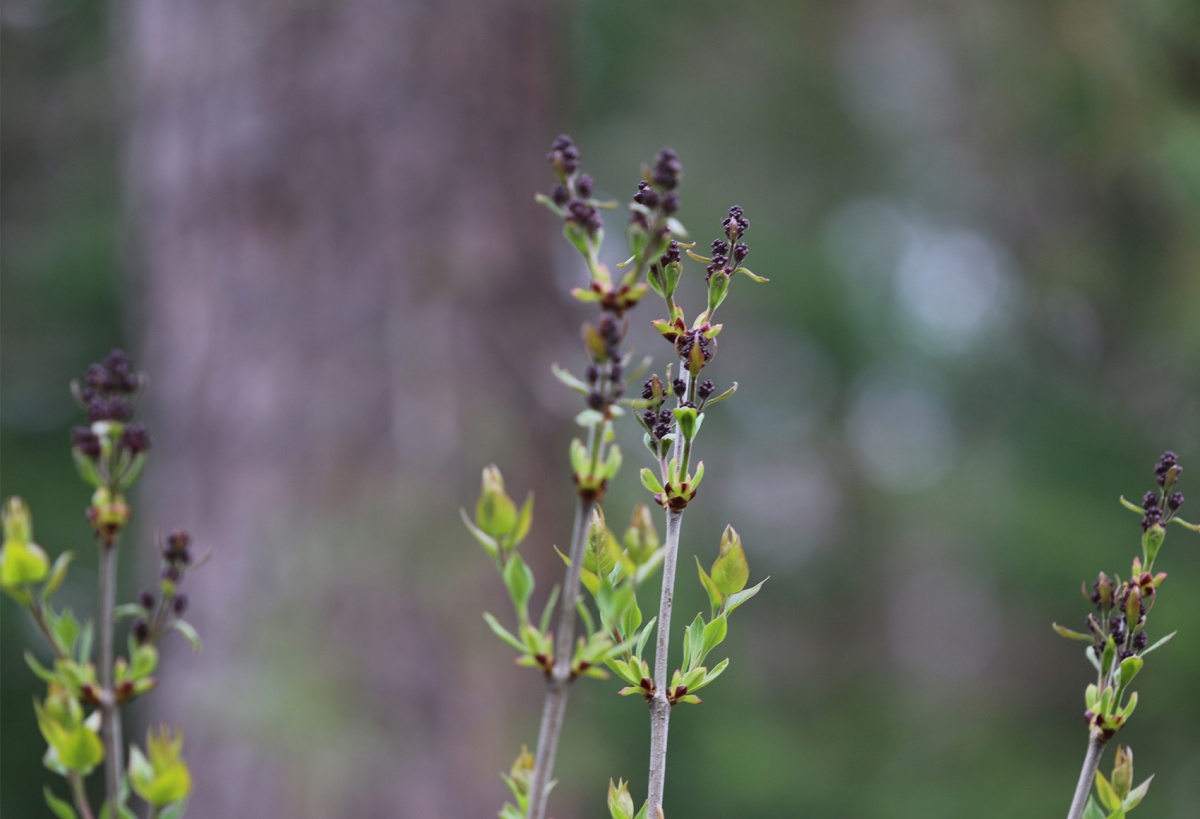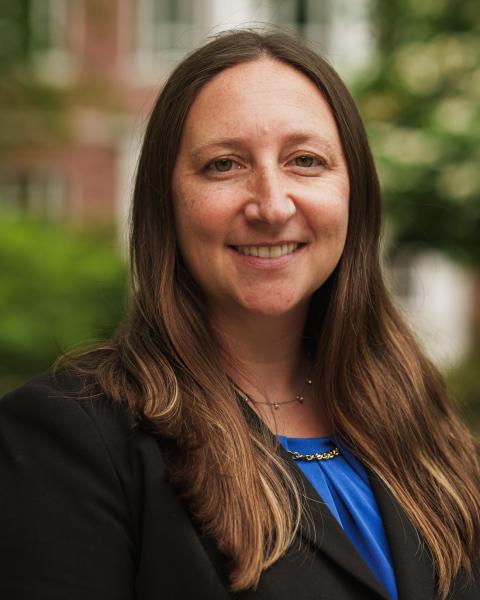Nature's Calendar

Make hay while the sun shines” serves as a proverb to explain how crucial timing is for farmers. Similarly, gardeners need to know when pests will emerge, when to avoid frosts and when to expect the most rainfall. Unfortunately, this timing is being disrupted by rising carbon dioxide emissions.
Although scientists know that plants and animals respond to climate change in different ways, they need more information to determine how ecological relationships, including farming and gardening, will be affected. To help address these gaps in data, UNH Extension teamed up with New Hampshire Audubon to offer an interactive workshop in May. They trained volunteers on how to investigate the impacts of climate change in their own backyards, neighborhoods and local ecosystems.
This workshop introduced volunteers to phenology — the study of seasonal timing for life events like animal migrations, plant leafing and tree fruiting. Phenology can be thought of as nature’s calendar.

Volunteer Marie Nickerson lives in south-central New Hampshire and works five months out of the year on Appledore Island, Maine. “I plan to use what I’ve learned to begin chronicling and recording the changes in seasons for years to come,” she says, indicating that she would collect data at both sites.
Many of the citizen scientists who participated in this training also volunteer for other Extension or Audubon programs and can be found planting pollinator gardens, monitoring lakes or serving with youth through 4-H. Ruth Smith, who coordinates the master gardener program for Extension, points out the many benefits of collaborating with NH Audubon for this important work. “Both organizations were enriched by the experience and the sharing of expertise, energy and volunteers,” she says.
